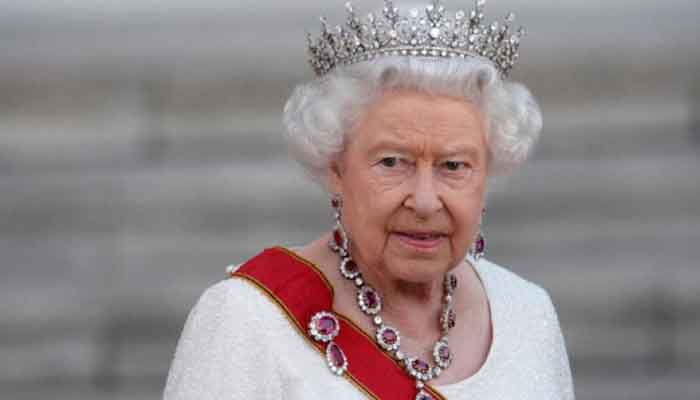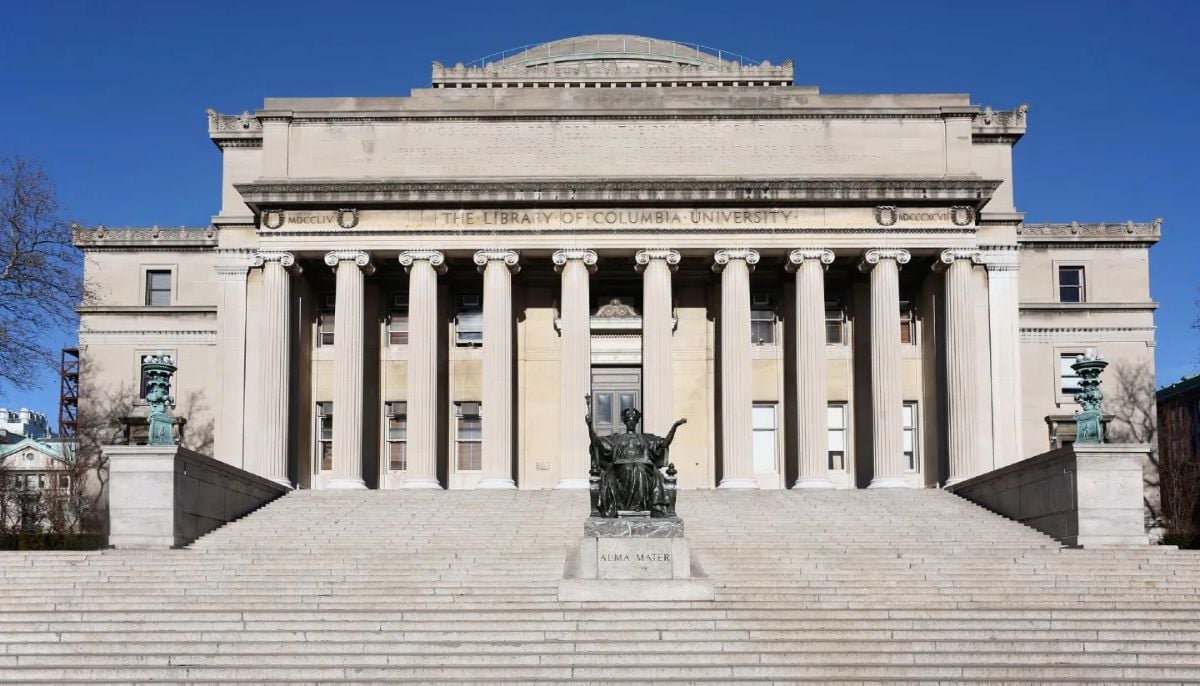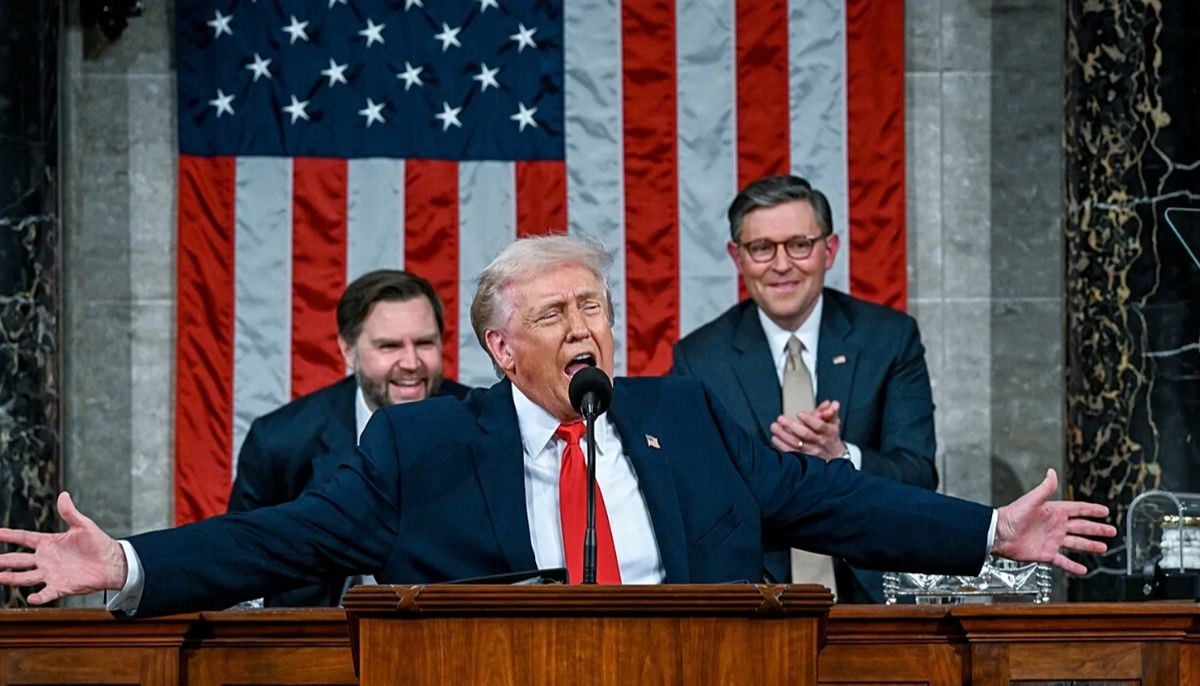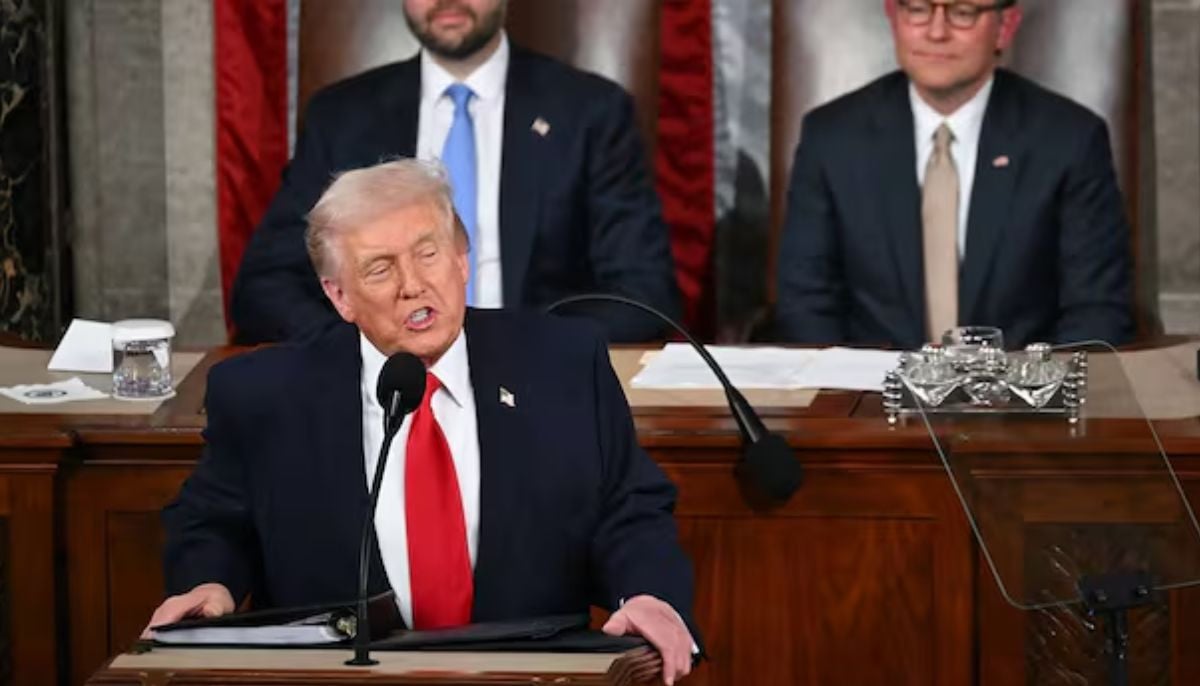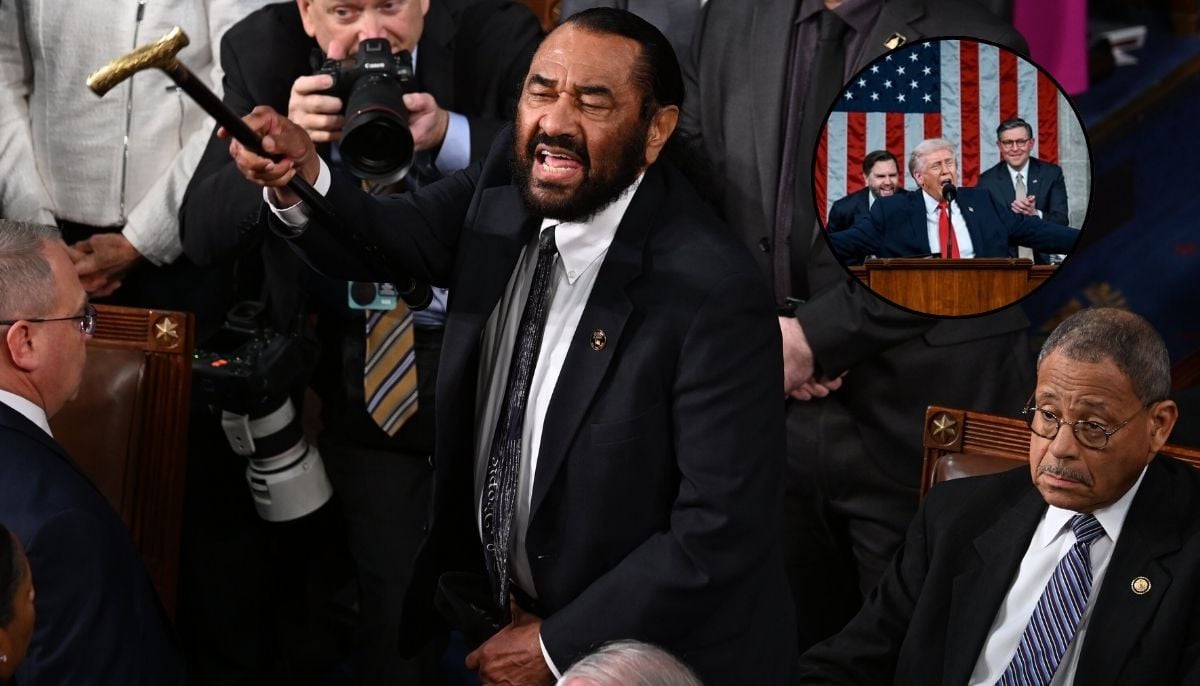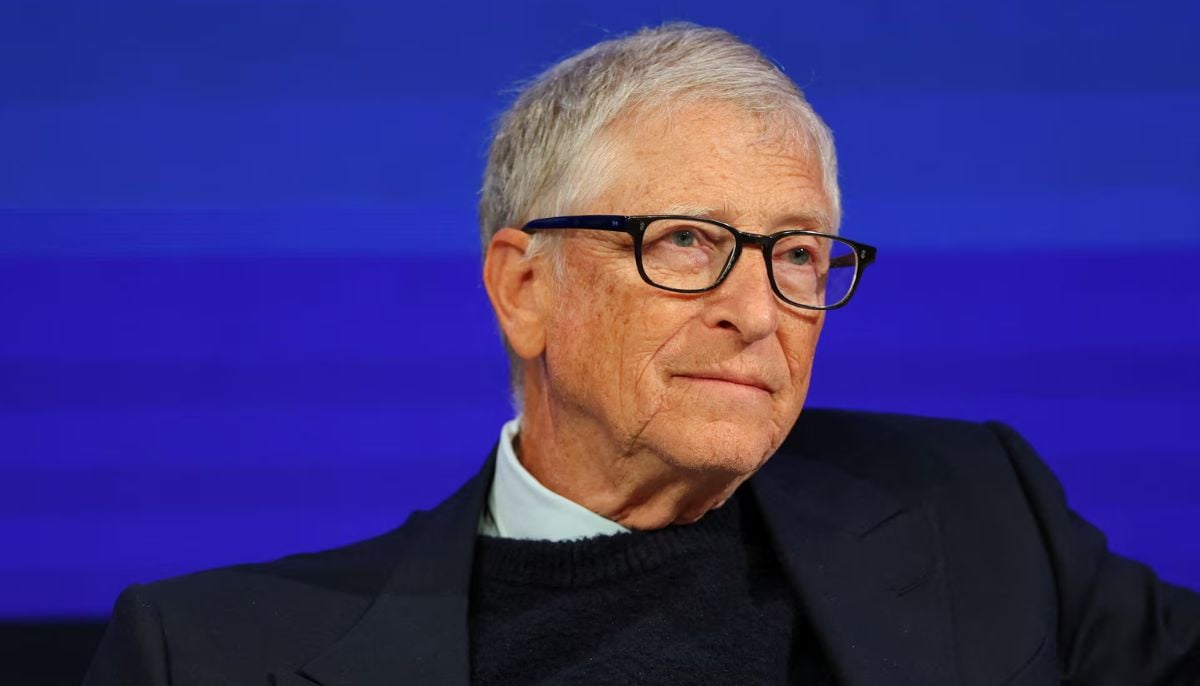Queen Elizabeth II was not warned of Australia PM's 1975 sacking, letters reveal
The British monarch's representative in Australia, governor-general John Kerr, sparked a constitutional crisis when he fired Gough Whitlam
SYDNEY: Queen Elizabeth II was not informed in advance about the 1975 dismissal of Australia's prime minister by her representative in country, letters kept secret for decades and released Tuesday revealed.
The British monarch's representative in Australia, governor-general John Kerr, sparked a constitutional crisis when he fired Gough Whitlam, the democratically elected leader of the centre-left Labor party.
In May the High Court ruled more than 200 letters between the queen's private secretary and Kerr — including many addressing the controversial affair — should be made public.
Although the correspondence shows the queen was not told immediately prior to Whitlam's sacking, it confirms Kerr had exchanged extensive letters with the palace for months about his powers to oust the prime minister.
The queen, who is Australia's head of state, is supposed to stay above politics and make no decisions about government appointments.
Suspicion the palace played a direct role in Whitlam's ouster has long been cited by Australian Republicans arguing the country should break with the monarchy.
Historians are now combing through 1,200 pages of the so-called Palace Letters to see if the UK government tried to influence events in its former colony and what role the queen, her son and heir Prince Charles, and top royal advisers may have played.
'Skill and wisdom'
One extract shows Kerr informed the queen he had fired Whitlam shortly after taking the action on November 11, 1975.
"I should say I decided to take the step I took without informing the Palace in advance because, under the Constitution, the responsibility is mine, and I was of the opinion it was better for Her Majesty not to know in advance, though it is of course my duty to tell her immediately," he wrote.
The decision capped a protracted political stalemate after the opposition-controlled Senate refused to pass the government's budget, severely weakening Whitlam's position.
The letters confirm the palace knew Kerr had been considering the options available to him under his constitutional "reserve powers", which included dismissing Australia's leader — an action no other governor-general has taken before or since.
"I'm also keeping my mind open as to the constitutional issues," Kerr wrote to Martin Charteris, the queen's private secretary, on September 12, 1975.
"If the Prime Minister and the Leader of the Opposition get into a battle in which the Senate has defeated the budget, the Prime Minister refuses to recommend a dissolution, my role will need some careful thought," he wrote.
Charteris later praised Kerr for his approach, writing a week before the dismissal he was "playing the vice-regal hand with skill and wisdom".
"The fact you have powers is recognised. But it's also clear you will only use them in the last resort, and then only for constitutional — and not for political — reasons," he said.
'Highly contested'
The palace said the release of the letters "confirms that neither Her Majesty nor the Royal Household had any part to play in Kerr's decision to dismiss Whitlam".
"Throughout her reign, Her Majesty has consistently demonstrated... support for Australia, the primacy of the Australian constitution and the independence of the Australian people, which the release of these letters reflects."
But Professor Jenny Hocking, a biographer of Whitlam who took the case to court, said the political nature of the correspondence was "startling" given the requirement for the head of a constitutional monarchy to remain neutral.
Hocking said the discussion of reserve powers in particular was "scandalous" because its existence in Australia is "highly contested" by legal and political scholars.
After sacking Whitlam, Kerr appointed opposition Liberal leader Malcolm Fraser as interim prime minister, sparking chaos in Canberra and protests on the steps of parliament. Fraser went on to win a landslide election victory later that year.
Australia became independent in 1901 but retained the British monarch as head of state.
A referendum on becoming a republic failed in 1999, but republicans hope recent royal scandals could help revive efforts to cut ties with the monarchy.
-
Nobel-winning scientist resigns from Columbia university after Epstein links revealed
-
At least 30 dead after heavy rains hit southeastern Brazil, 39 missing
-
Japan plans missile deployment near Taiwan by 2031 amid growing regional tensions
-
Trump delivers longest State of Union address in history: Inside key details on economy, security and global strategy
-
Trump’s 2026 State of Union address: Inside key takeaways, major policy shifts & top announcements
-
Rep. Al Green removed from House chamber during Trump’s State of Union address: Here’s what happened
-
Bill Gates breaks silence on Epstein links, ‘took responsibility for his actions’ during town hall meeting
-
President Donald Trump delivers the traditional State of the Union address to Congress
